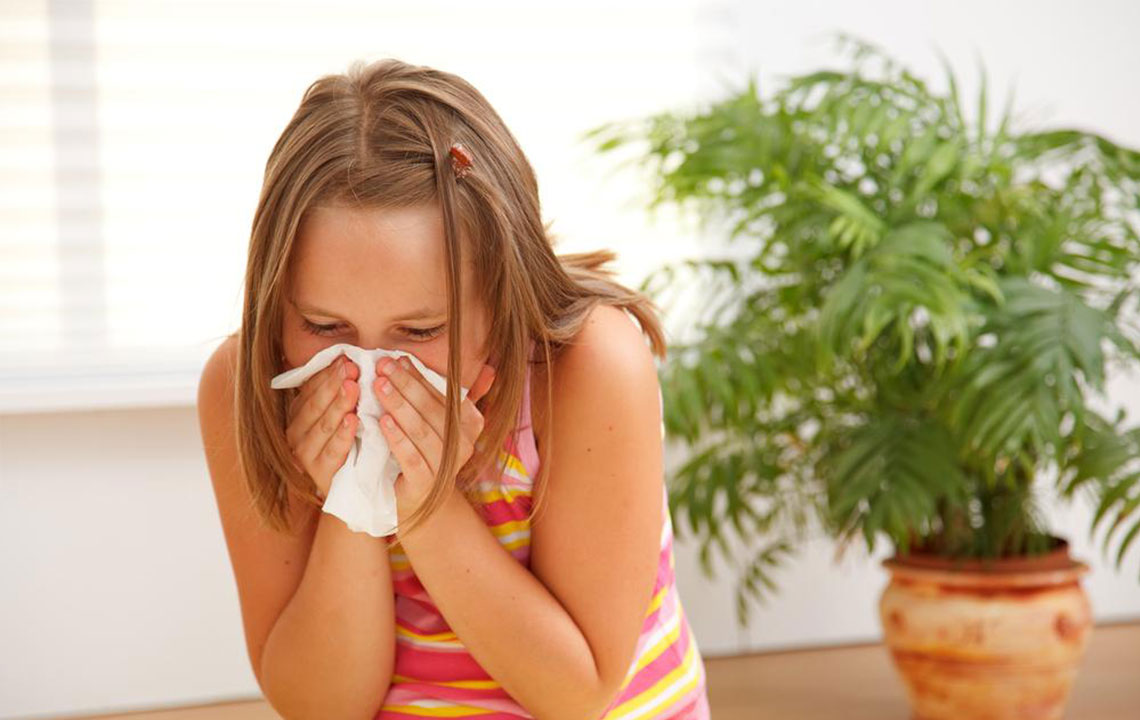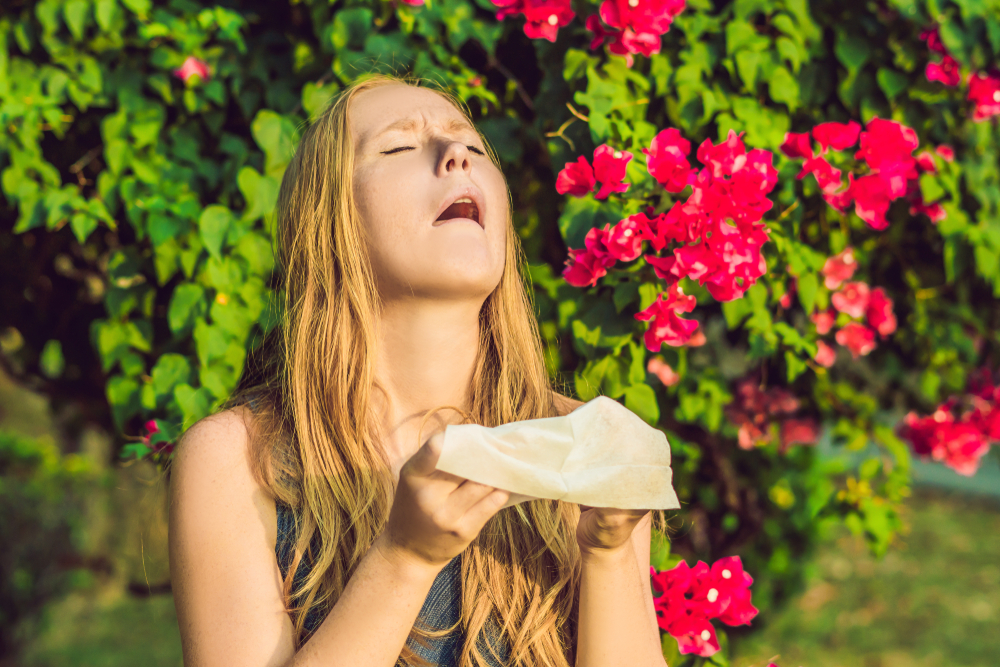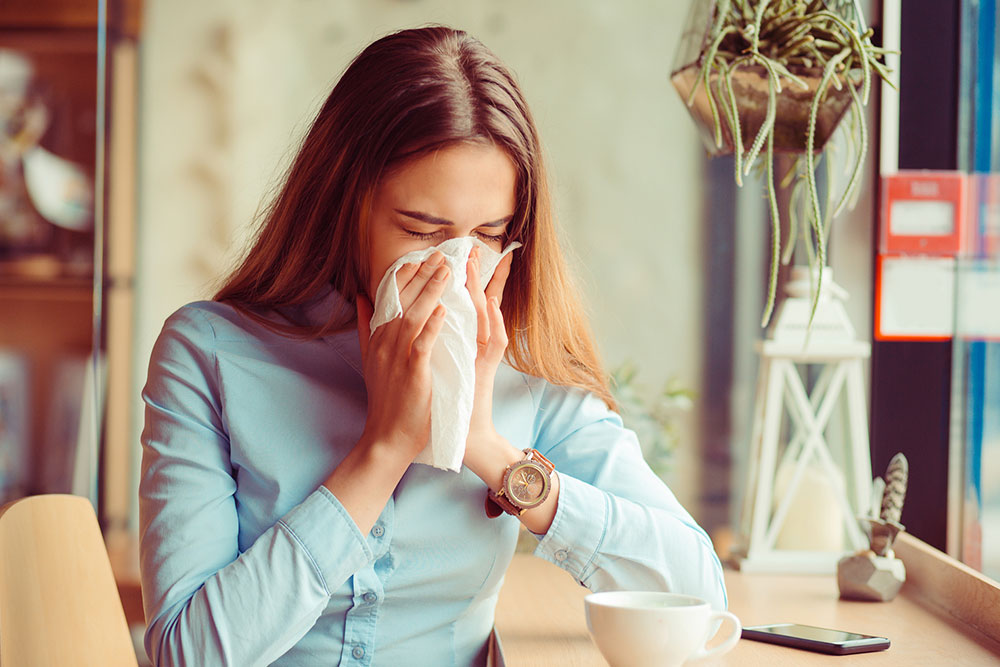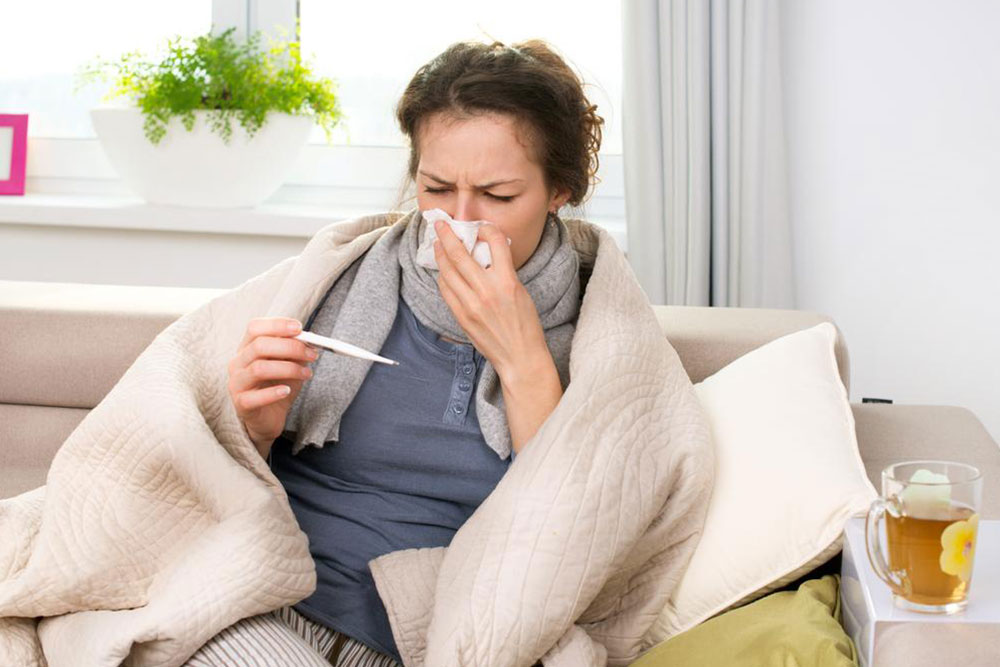Effective Strategies for Managing and Treating Allergies at Home
Learn comprehensive methods for managing allergies, including medical treatments, trigger avoidance, immunotherapy, and practical home remedies. Effective allergy control involves proper diagnosis, medication, and lifestyle adjustments to reduce symptoms and improve quality of life.
Sponsored

An allergy occurs when the immune system reacts to substances called allergens. These can include pollen, pet dander, dust, and other foreign particles. Such reactions often cause inflammation and can vary from mild to severe symptoms. Proper diagnosis and treatment are essential to control allergies effectively.
Allergy Treatment Options
Managing allergies involves various approaches tailored to the specific trigger and severity. Healthcare professionals typically diagnose allergies through skin tests, blood analysis, and medical history reviews.
Following diagnosis, your doctor may recommend:
Medications
Medication is the primary line of attack against allergies. These drugs work to prevent the immune system from overreacting to allergens. Available as tablets, nasal sprays, drops, or pills, common allergies medications include antihistamines, decongestants, leukotriene receptor antagonists, and corticosteroids. However, these can have side effects like increased blood pressure from steroids; hence, they should be used strictly under medical supervision.
Trigger avoidance
While undergoing treatment, avoiding known allergens is crucial. For instance, if pollen is a trigger, removing indoor plants helps prevent exposure. Accurate identification of allergens is vital for effective avoidance strategies.
Immunotherapy
For severe allergies, immunotherapy can be effective. It involves administering allergen extracts via injections or oral forms to modify the immune response over time, reducing sensitivity.
Home remedies for allergy relief
Common allergens include pet fur, pollen, dust mites, mold, certain medications, bee stings, nuts, wheat, soy, dairy, and latex. To minimize allergic reactions, stay away from these triggers and follow additional preventive steps, such as:
Changing clothes upon returning home to remove allergens
Bathing before bed to wash away external allergens
Washing bedding and linens regularly with hot water
Using saline nasal rinses to clear nasal passages
Fixing leaks to prevent mold growth
Using dehumidifiers to control indoor humidity
Cleaning carpets and rugs frequently






